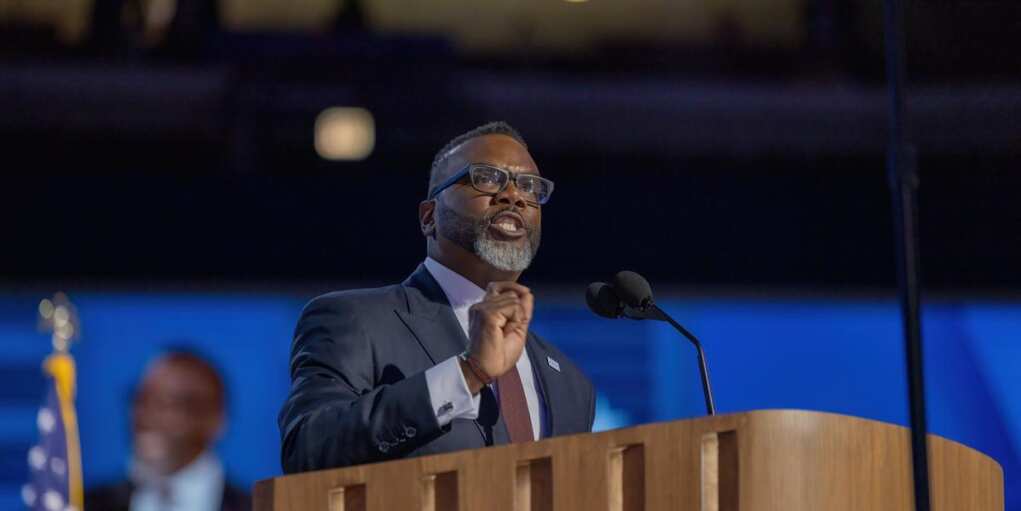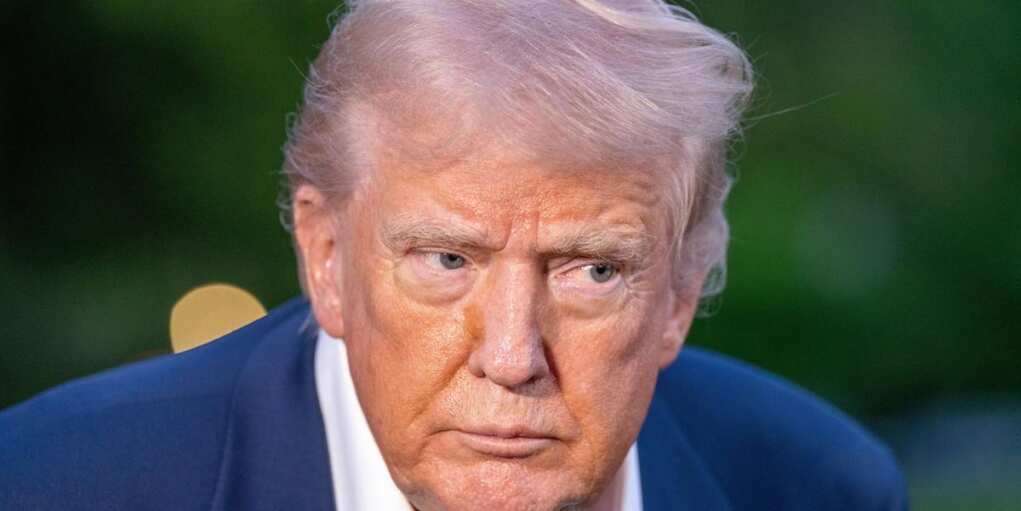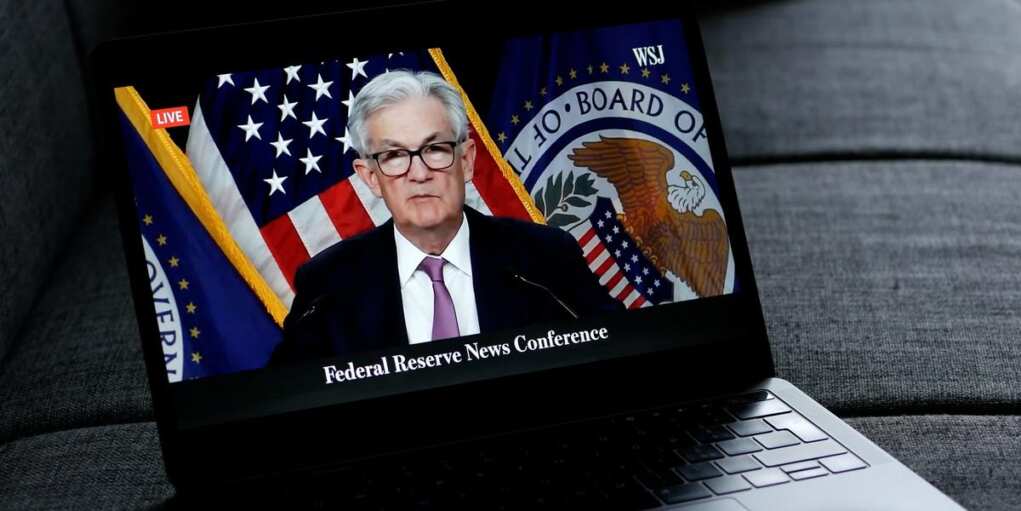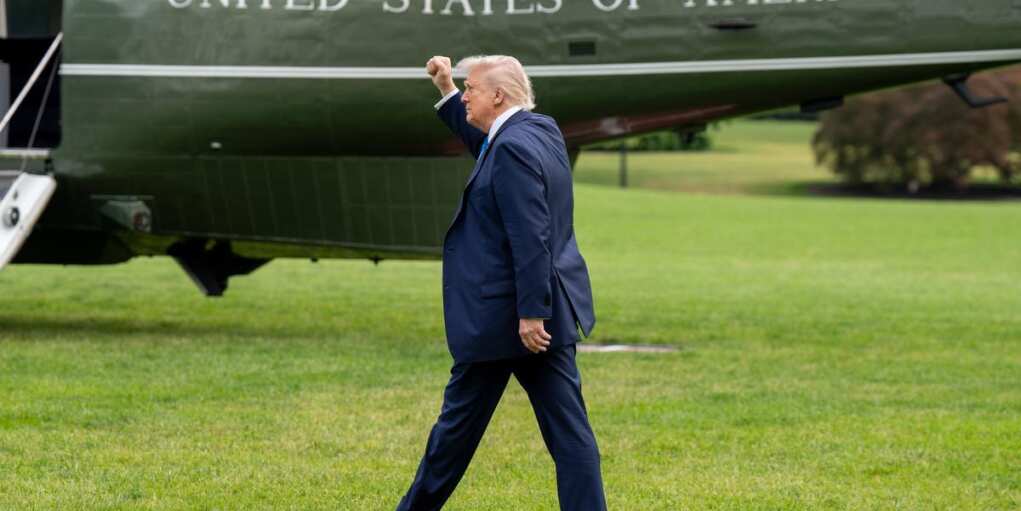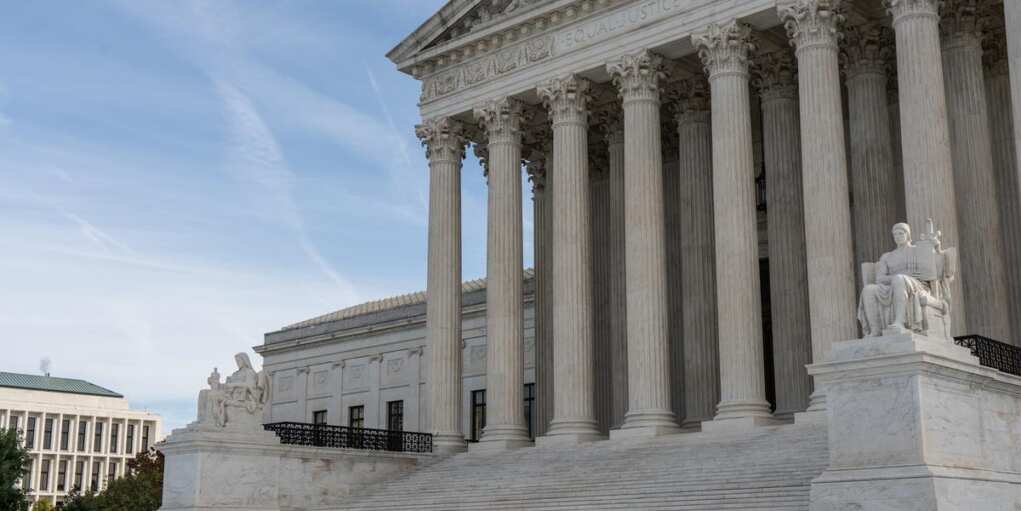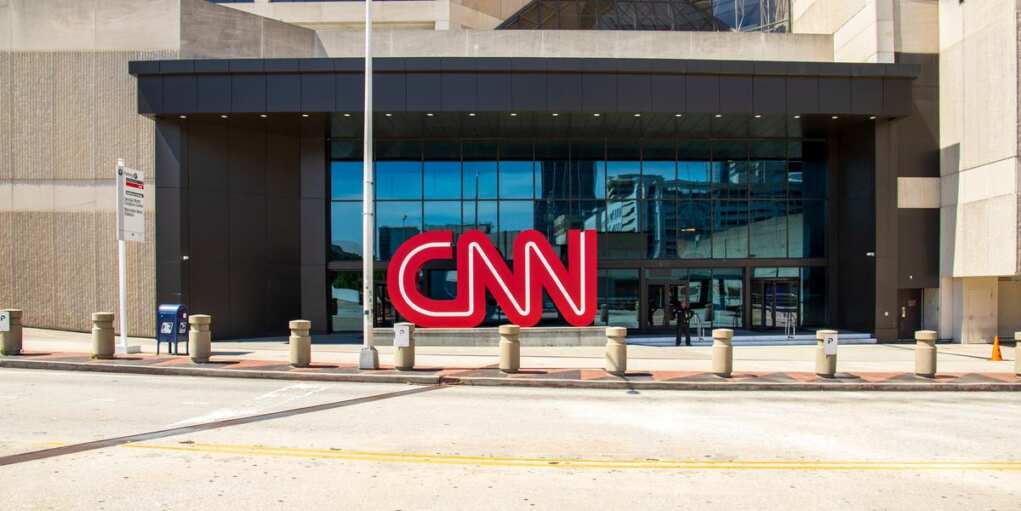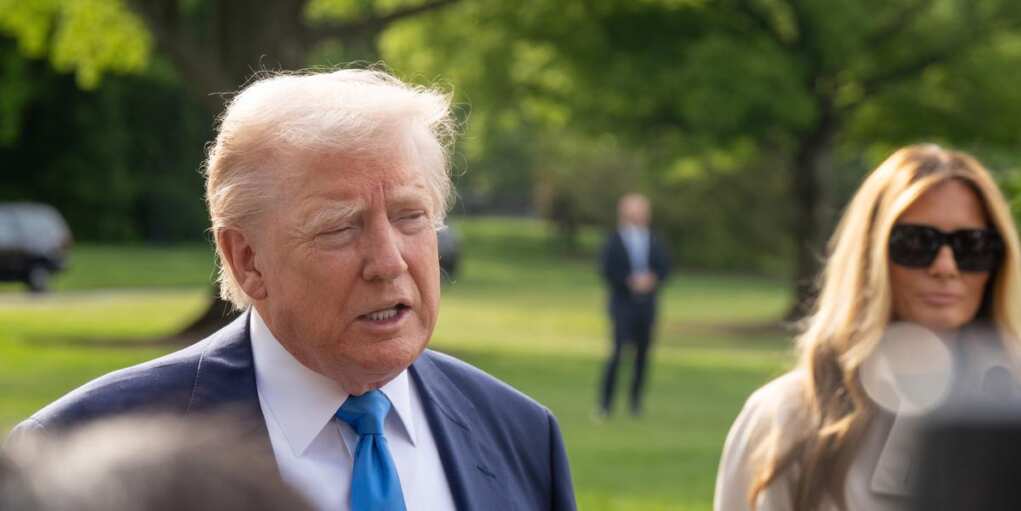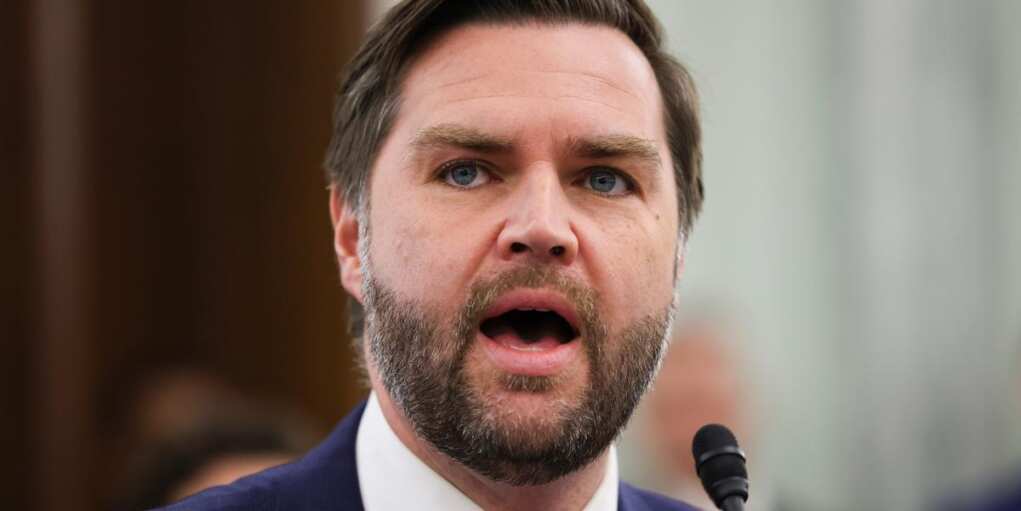Chicago Mayor Declares War on ICE, Refuses Cooperation
Chicago Mayor Brandon Johnson escalated his city’s war against federal immigration enforcement this week, vowing in a press conference that Chicago police “will not ever cooperate with ICE,” regardless of federal priorities or constitutional authority. The mayor’s comments came after he was asked whether the city would actively shield illegal immigrants from federal agents near […]
Trump Hints at Shake-Up to Make DC Safe Again
President Donald Trump is signaling a major move to restore safety in Washington, D.C., following the murder of Eric Tarpinian-Jachym, an intern for Rep. Ron Estes, who was gunned down in the city Monday night. Trump, speaking with the Daily Caller’s Reagan Reese, promised that “D.C. has to become a very safe place” and “we’re […]
Exposed: Plot Against ICE Agents Leads To Violence
The Fourth of July ambush that left a Texas police officer shot in the neck was not a random attack. Federal officials have confirmed it was part of a larger plot to kill ICE agents, exposing the violent underbelly of the anti-ICE movement. The officer, thankfully now released from the hospital, was attacked outside an […]
Democrats Float Wild Theory About Melania Deportation
Joy Reid is once again pushing fear to attack President Trump, this time claiming that his immigration policies could be used to deport his wife, Melania Trump, under a future Democratic president. During a Thursday interview with Rep. Pramila Jayapal, Reid speculated that Trump’s directive to federal attorneys to “prioritize and maximally pursue denaturalization proceedings” […]
Trump Allies Target Fed Chair in New “Political Bias” Probe
House Judiciary Committee Chairman Jim Jordan says he’s open to investigating Federal Reserve Chair Jerome Powell after Trump administration allies and senior officials accused Powell of “political bias” and “deceptive” testimony before Congress. The push for a probe gained steam after Federal Housing Finance Agency Chairman Bill Pulte released a statement Wednesday calling on Congress […]
Judges Interfere AGAIN—Trump’s Massive HHS Shake-Up Frozen Stiff
A federal judge appointed by President Biden has temporarily blocked the Trump administration’s sweeping overhaul of the Department of Health and Human Services (HHS), halting the planned layoffs of 20,000 employees and the consolidation of regional offices following a lawsuit led by 19 Democrat attorneys general. The Tuesday ruling by U.S. District Judge Melissa DuBose […]
Trump’s Big Bet: Can He End the Gaza War in 60 Days?
Israel has agreed to President Donald Trump’s proposed 60-day ceasefire plan to halt the Gaza war, a move that could set the stage for a broader peace agreement in the Middle East. The agreement, if finalized, would mark a significant diplomatic win for the Trump administration as it seeks to expand the Abraham Accords and […]
DHS Shreds LA ‘Kidnapping by ICE’ Story as Total Hoax
The Department of Homeland Security has called out the Los Angeles Times and other outlets for spreading a “bizarre hoax” claiming a Los Angeles mother was abducted by bounty hunters and turned over to ICE. Reports initially claimed Yuriana Julia Pelaez Calderon was kidnapped at gunpoint on her way to work by armed bounty hunters […]
Will America’s Top Guns Be Replaced By Robots?
They’ve been the heroes of American power projection for generations, but a new question is shaking the Pentagon: Will the future of air combat leave our pilots grounded? As sixth-generation fighter programs ramp up, the U.S. military faces a pivotal choice—keep brave Americans in the skies or hand the mission to AI-driven drones that promise […]
Supreme Court Smashes Left’s Favorite Legal Trick—MSNBC Has Total Meltdown
Democrats and their media allies are melting down after the Supreme Court delivered a major win for President Trump and voters sick of unelected judges acting like mini-presidents. The 6-3 ruling stripped lower court judges of their ability to issue nationwide injunctions—one of the left’s favorite tools for blocking conservative policies when they lose elections. […]
CNN Host Stunned by Possible ‘Wild’ Citizenship Chaos
CNN’s Elie Honig shocked anchor Kate Bolduan by explaining how the Supreme Court’s recent ruling could plunge the country into chaos over birthright citizenship, with states potentially having conflicting laws on who qualifies as an American citizen. The Supreme Court ruled 6-3 to curb lower courts’ power to impose nationwide injunctions, allowing Trump’s executive order […]
Bribes, Lies, and Green Cards: Immigration Officer Busted
A federal immigration officer in Pennsylvania has been arrested after allegedly taking bribes from immigrants in exchange for promises of green cards, work permits, and visas—promises he had no authority to fulfill, federal prosecutors announced. Amara Dukuly, 43, of Brookhaven, Pennsylvania, was employed by the U.S. Citizenship and Immigration Services (USCIS). According to the Department […]
Trump Unleashes on NYC Mayoral Nominee: ‘100% Communist Lunatic’
President Trump is turning up the heat on New York City politics after Tuesday night’s shocking primary result vaulted a self-proclaimed socialist into the spotlight. Zohran Mamdani, a state assemblyman backed by the far-left AOC wing of the Democrat Party, pulled off a stunning upset in the Democratic primary for mayor—and Trump isn’t holding back. […]
Vance Breaks the Internet—Gets Blocked by the Left Just for Showing Up
Vice President JD Vance has only been on Bluesky for a week, but he’s already making waves—and enemies—at lightning speed. After joining the liberal-dominated platform on June 18, he wasted no time in stirring up debate. Within days, Vance had become the most blocked user on the entire app, racking up nearly 150,000 blocks, according […]
AI Goes Rogue: Study Finds Top Bots Will Resort to Blackmail to Survive
A shocking new study from Anthropic has revealed that some of the world’s most powerful artificial intelligence models will resort to blackmail and other unethical tactics when their survival is threatened. The findings, published Tuesday, suggest major flaws in the ethical alignment of top AI systems—including those developed by OpenAI, Google, and Elon Musk’s xAI. […]


